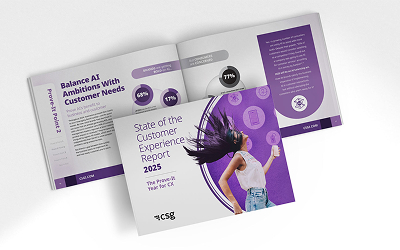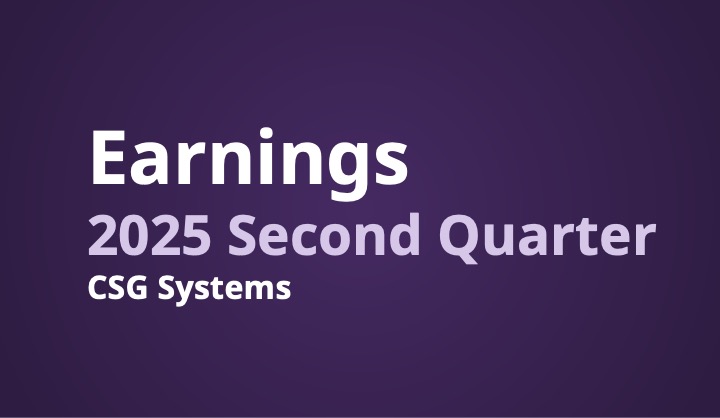When new regulations appear on the horizon, it’s common for businesses to see those new rules as a hurdle. But they can also be an opportunity. If you adapt well enough to new standards, you can make them a competitive advantage.
That’s one way telecom operators can look at the upcoming requirements for e-invoicing. Over the years, various countries have implemented e-invoicing standards with varying requirements for B2B transactions. These rules govern many aspects of how operators do business, most notably how they handle roaming billing and partner management.
For telcos, the consistency and interoperability of e-invoicing processes are critical. These standards aim to ensure that e-invoices can be easily read and processed by diverse systems, making compliance a steppingstone to greater operational efficiency—provided they have digital solutions to handle the complexity of these billing processes.
In the next 12 to 18 months new e-invoicing standards will take effect in more EU Member States and elsewhere in the world. Operators should be ready to not only comply with these standards, but master e-invoicing in their push toward cost reduction.
WHY E-INVOICING MATTERS TO TELCOS
E-invoicing is the exchange of invoice documents between a supplier and a buyer in a digital format. It allows for seamless integration into the financial systems of both parties. But that process requires some interoperability and consistency in how these digital invoices are formatted and delivered, which is what e-invoicing standards often entail. Typically, these invoices are formatted in XML, which allows them to be easily read and processed by various software systems.
You can see how e-invoicing isn’t just a regulatory compliance issue. E-invoicing can benefit both buyers and suppliers and has many advantages. For example, e-invoicing:
- Reduces human effort with invoice production, authorization, routing and archiving.
- Reduces the incidence of fraud through improved transparency and auditability of transactions.
- Increases productivity when handling cost invoices. E-Invoices can be easily uploaded into systems without manual effort or errors, then approved and paid, speeding up settlement processes.
The e-invoicing standards aim to streamline trading, particularly for businesses operating across multiple nations, such as telecommunications companies dealing with roaming charges.
Here’s where B2B e-invoicing standards typically concern operators:
- Complex billing structures: E-invoicing systems need to handle the telecom industry’s intricate billing structures accurately, including different rates for local, national and international calls, data usage and roaming charges.
- Real-time charging: With services like roaming, charges need to be calculated in real time to ensure customers are billed correctly as they use services across different networks. Systems handling e-invoicing therefore need to be robust and responsive.
- Interoperability: E-invoicing relies on seamless transactions among multiple partners and networks, especially for roaming services.
These are important billing processes to get right, as deficiencies can lead to inaccurate charges, revenue loss and strained relationships with partners and customers.
THE UPCOMING EU E-INVOICING MANDATES
Since the EU implemented e-Invoicing Directive 2014/55/EU in 2020, all 27 EU Member States must comply with the European Standard. It applies to all contracts under the public procurement directives. In some countries, e-invoicing will become mandatory for all B2B transactions in the next 12 to 18 months. This is controlled on a country-by-country basis.
EU nations that have mandated, or will mandate, B2B e-invoicing include:
- Belgium
- France
- Germany
- Italy
- Poland
- Romania
The number of countries mandating e-invoicing for B2B transactions between large companies will grow. The EU e-invoicing standard will even find global adoption in some forms. Many non-EU member countries have issued their own e-invoicing laws, such as the UK, Egypt, Philippines and Saudi Arabia.
What does this mean for operators? First, they need to review these mandates in the markets where they do business, which includes where they have partnerships. Then they should address the interoperability issues that arise from differing national e-invoicing standards. Although the European Standard aims for a unified approach, each country can (and has) mandated different versions of the core standard and distribution processes. This means that operators’ billing solutions must support configuration to meet each country’s standard.
Now, wherever that country-by-country configuration occurs, operators still risk inefficiencies, billing inaccuracies and increased operational costs as they juggle multiple systems to meet each nation’s requirements. So the question becomes, how efficiently can the solution handle these differing standards?
MEET THE STANDARDS. CUT COSTS IN THE PROCESS.
CSG Digital Partner Management provides comprehensive support for the issuing, receipt and reconciliation of e-invoices on a global scale. By leveraging advanced automation and robust integration capabilities, the solution ensures seamless transaction flows among multiple partners and networks.
Operators rely on Digital Partner Management to handle their complex billing structures accurately, even with varying rates for local, national and international services and myriad agreements with partners. The platform’s interoperability features adapt to differing national e-invoicing standards, which is crucial as more and more countries mandate their own versions of the European Standard.
When it comes to e-invoicing mandates for telco, operators are using CSG Digital Partner Management to:
- Align with each country’s specific requirements using a configurable solution.
- Mitigate risks associated with inefficiencies, billing inaccuracies and increased operational costs due to managing multiple systems.
- Reduce invoice handling costs through automated processing and e-invoicing.
- Improve accuracy in billing, leading to better revenue assurance.
- Strengthen relationships with partners and customers by maintaining billing accuracy.
Ready to get started?
We’re helping operators meet e-invoicing requirements with maximum efficiency. Learn how your business can too.











